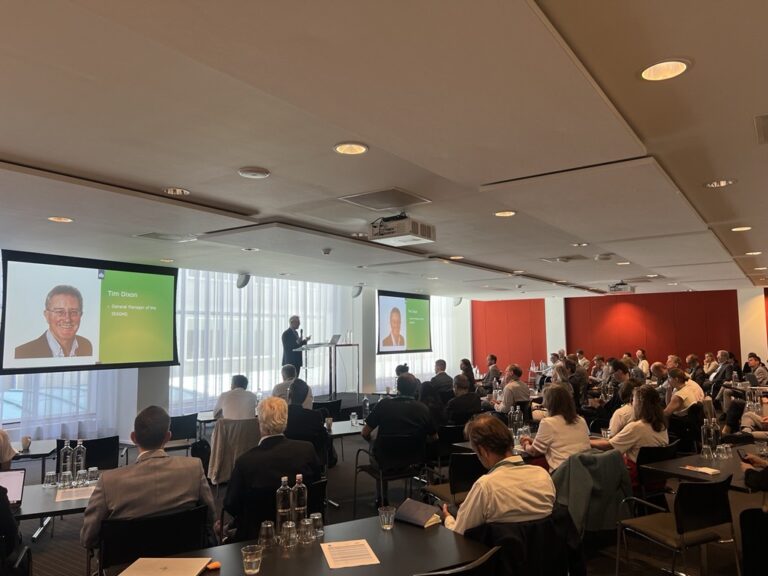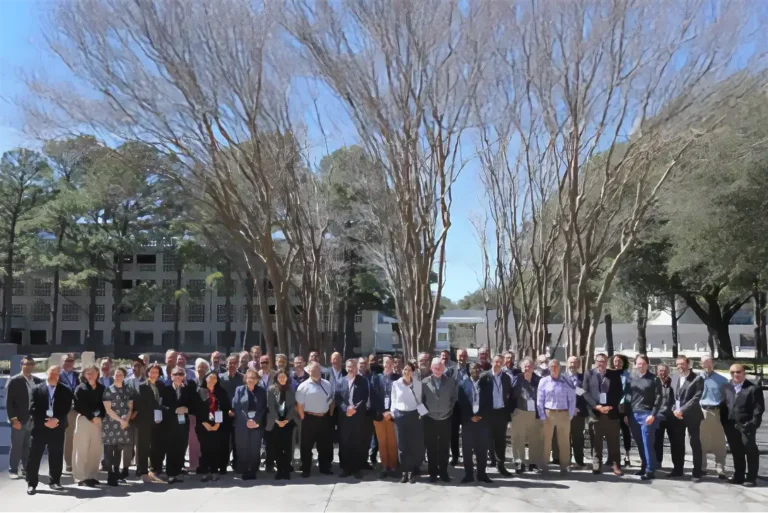
100% Renewable, Really?
14 June 2018

I hear on a regular basis, advocates of renewable energy telling audiences that we can go 100% renewable. Whilst this is a nice concept, and would certainly help achieve the Paris Agreement targets, I am afraid reality must at times prevail, as recent events in the UK suggest.
In the UK this week, according to Bloomberg, we have gone 9 days with no wind generation. Worse still, weather forecasts suggest this “wind drought” could last for another two weeks. The consequence is that day-ahead power prices to their highest level for the time of year for a decade.
The good news is its June in the UK and power demand is low. If the same scenario happened in winter, the grid could be vulnerable. This was the case on 15th January 2015 when electricity demand hit a high; the contribution of wind power was only 1% due to low wind conditions.
Therefore, despite the fact that we have enough wind turbines to generate as much electricity as 12 nuclear reactors, if the wind does not blow then they are not a sound investment. In such conditions, typically fossil fuels have to step up to the plate. Increasingly in the UK, that is natural gas, with unabated coal plants being phased out.
It would, therefore, seem that relying solely on a combination of renewable power and batteries to keep the lights on throughout the year is not a sensible approach. The answer, of course, should be fossil plus CCS. Our recent analyses show that flexible fossil-based CCS plants can help balance the variability of renewables to the benefit of the grid not the detriment.
The counter argument to flexible CCS is that it is more expensive that solar and wind. On a unit cost basis that is correct, you can mass-produce solar panels and wind turbines, which has helped reduce their component costs. CCS plants are not “off the shelf” items at present but with advances in modularisation that could be the case. What I never see openly discussed when we talk about the unit costs of solar panels or wind turbines is the cost associated with adding these to the grid and including battery storage for back up. In a recent article in Modern Power Systems entitled the”True Cost of Electricity” they have addressed this issue and clearly demonstrated that he grid level of system costs of renewables is 15-45USD/MWth higher than conventional fossil or nuclear power plants.
I am not dismissing renewables; I believe they should be a part of a balanced portfolio of power generation technologies for any grid system. Just don’t keep telling me they are low cost and we can go 100% renewable. To me, both these statements are just smoke and mirrors.
Other articles you might be interested in
Get the latest CCS news and insights
Get essential news and updates from the CCS sector and the IEAGHG by email.
Can’t find what you are looking for?
Whatever you would like to know, our dedicated team of experts is here to help you. Just drop us an email and we will get back to you as soon as we can.
Contact Us NowOther articles you might be interested in
Get the latest CCS news and insights
Get essential news and updates from the CCS sector and the IEAGHG by email.
Can't find what you are looking for?
Whatever you would like to know, our dedicated team of experts is here to help you. Just drop us an email and we will get back to you as soon as we can.
Contact Us Now









